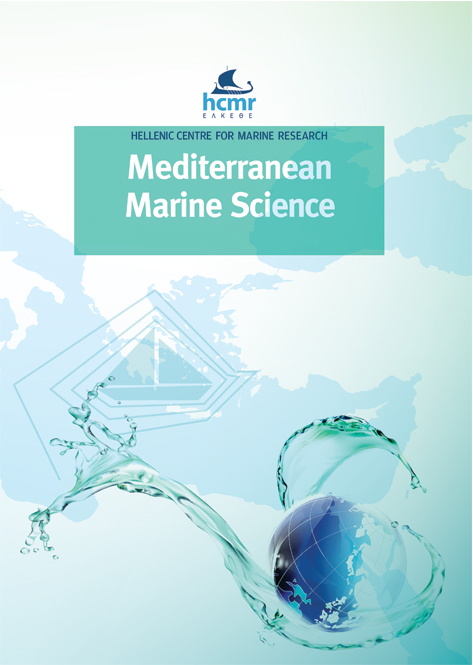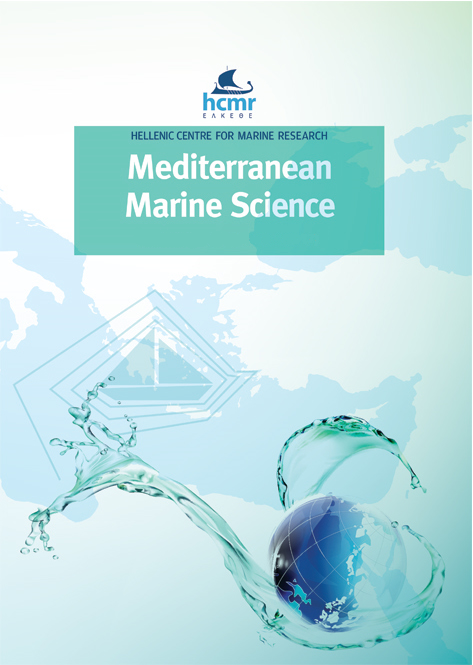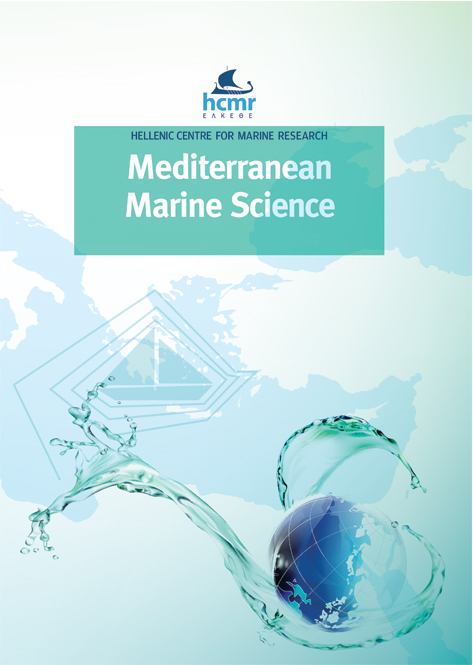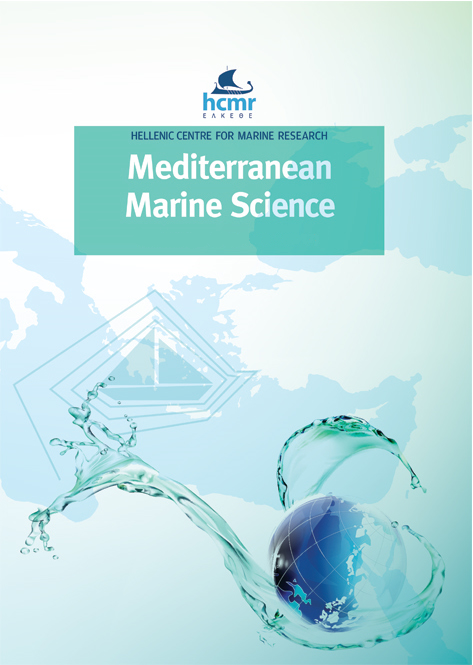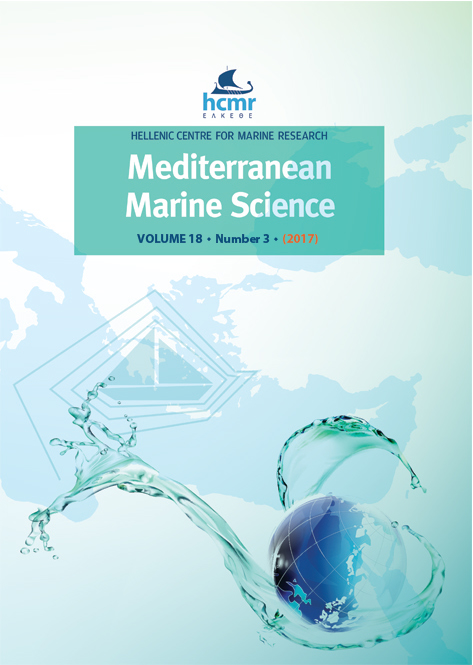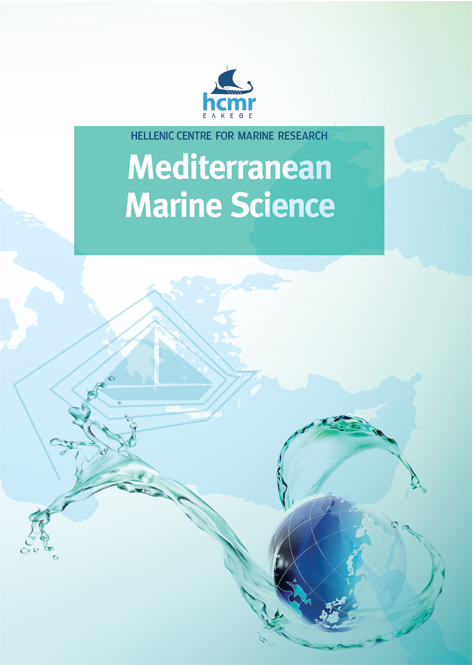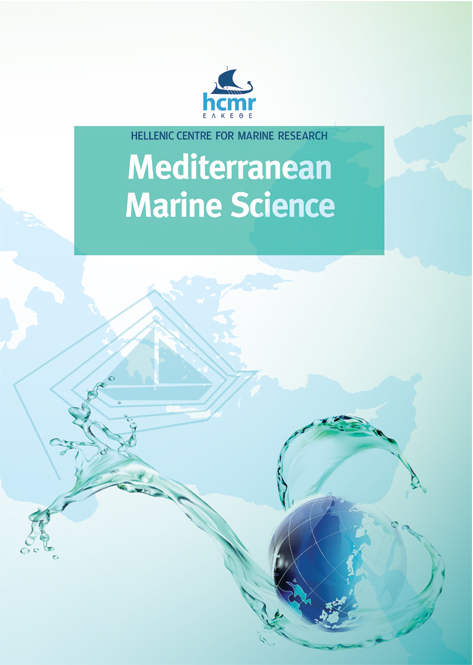Is the typical stage of Penicillus capitatus Lamarck (Bryopsidales, Halimedaceae) a possible indicator of climate warming?
Abstract
In this study, through morphological and molecular analysis approaches, we documented the presence of the typical stage (adult stage) of Penicillus capitatus during the coldest seasons of the year, typically periods when this form had never been reported in the Mediterranean. Indeed, the typical stage is common throughout the year in the western Atlantic (native range of the species), whereas it is rare in the Mediterranean, where the Espera stage (juvenile stage) is the main stage. To date, in the Mediterranean, the adult stage has been found only in the warmer months of the year. Therefore, the observation of the typical stage in the Mediterranean Sea during the cold season might suggest a general increase in the seawater temperature in this basin, rendering this stage of P. capitatus a potential climate bioindicator. Furthermore, owing to the molecular analysis methods adopted, it was possible to assess the relationships between the Mediterranean and Atlantic populations of this species.
Article Details
- Zitationsvorschlag
-
PAGANA, I., PUGLIA, G. D., MARLETTA, G., & ALONGI, G. (2024). Is the typical stage of Penicillus capitatus Lamarck (Bryopsidales, Halimedaceae) a possible indicator of climate warming?. Mediterranean Marine Science, 25(3), 548–555. https://doi.org/10.12681/mms.37164
- Rubrik
- Research Article
Authors who publish with this journal agree to the following terms:
- Authors retain copyright and grant the journal right of first publication with the work simultaneously licensed under a Creative Commons Attribution Non-Commercial License that allows others to share the work with an acknowledgement of the work's authorship and initial publication in this journal.
- Authors are able to enter into separate, additional contractual arrangements for the non-exclusive distribution of the journal's published version of the work (e.g. post it to an institutional repository or publish it in a book), with an acknowledgement of its initial publication in this journal.
- Authors are permitted and encouraged to post their work online (preferably in institutional repositories or on their website) prior to and during the submission process, as it can lead to productive exchanges, as well as earlier and greater citation of published work (See The Effect of Open Access).

